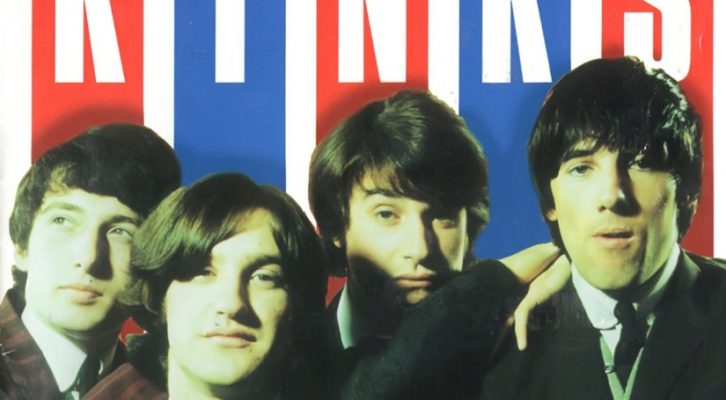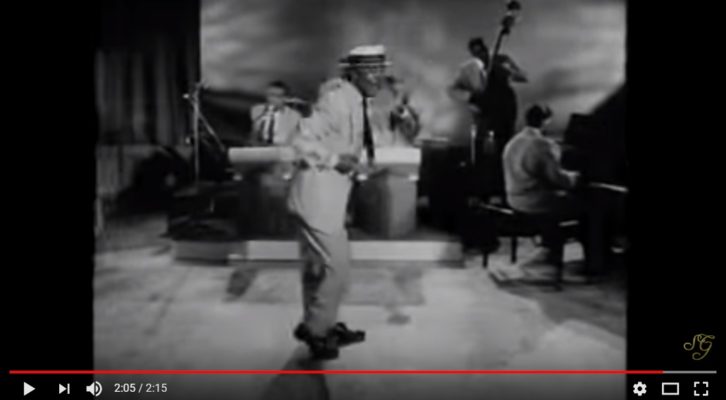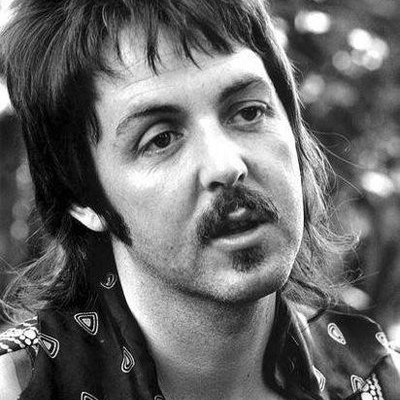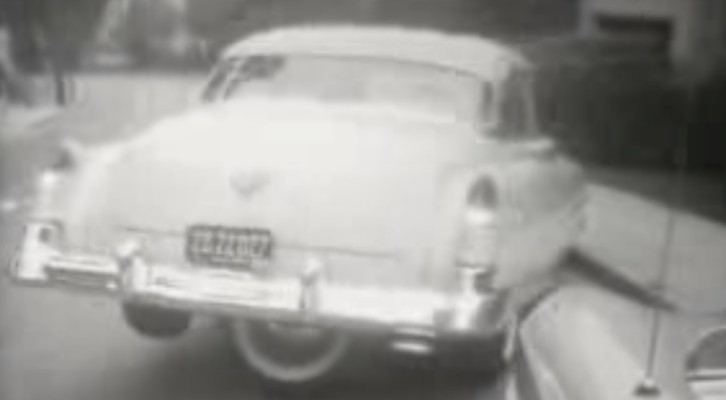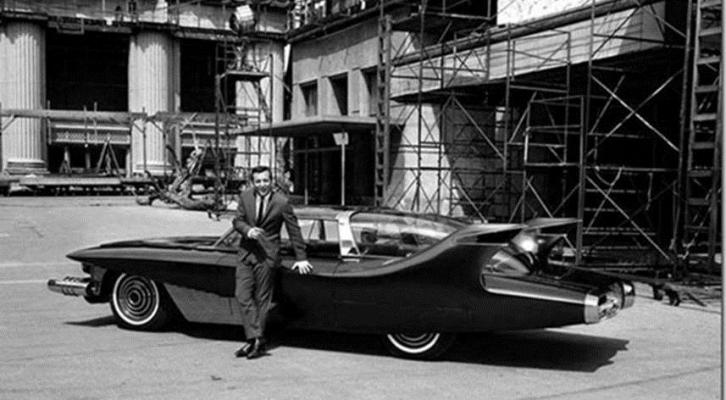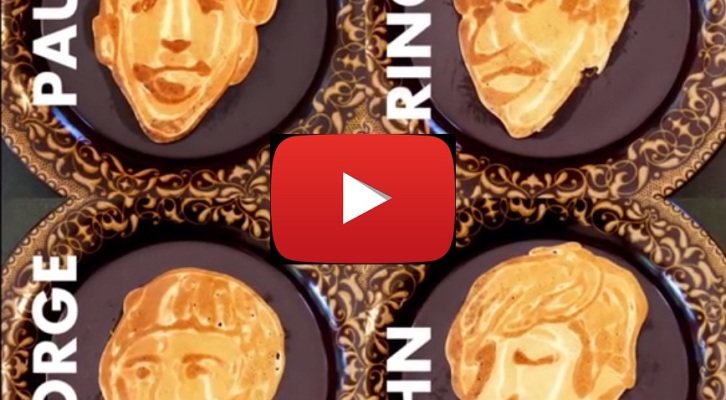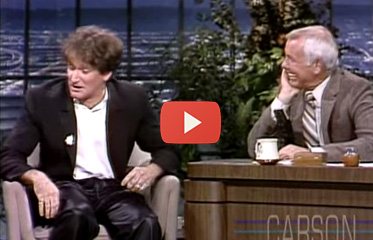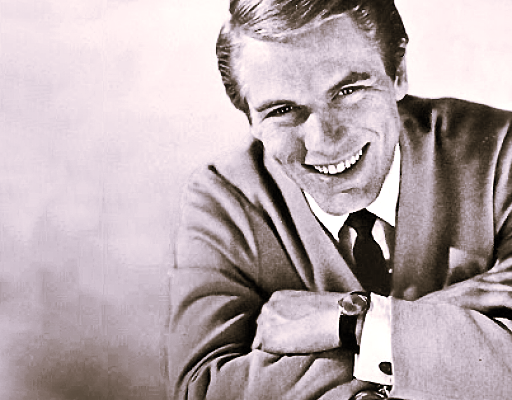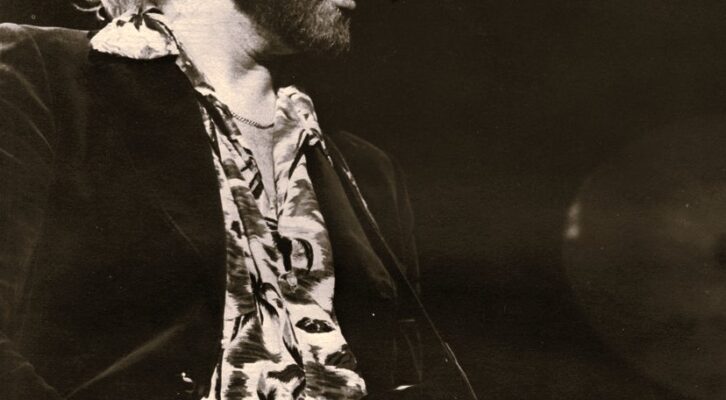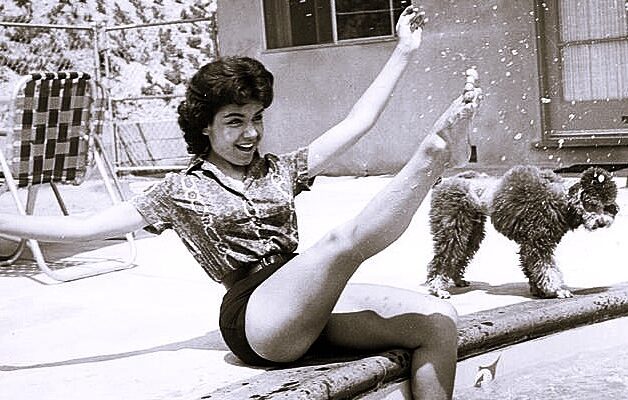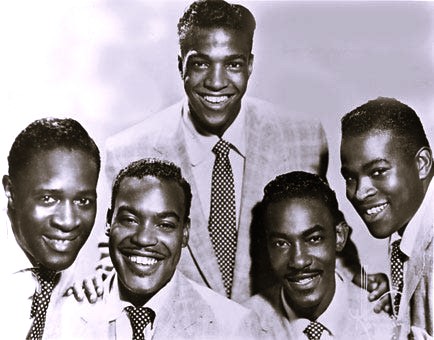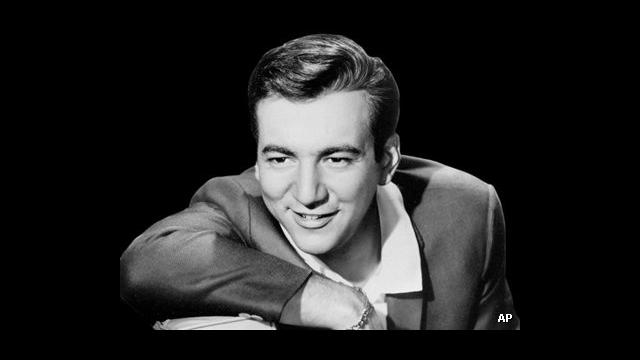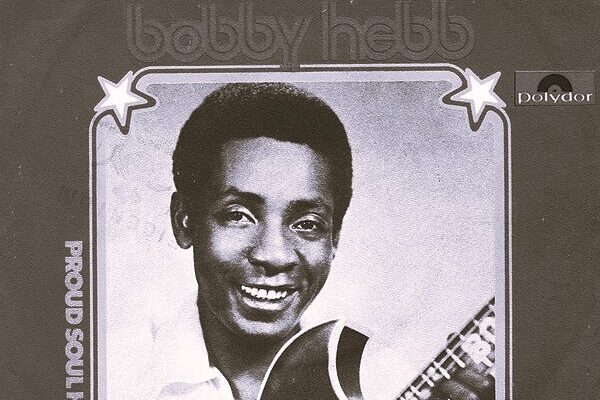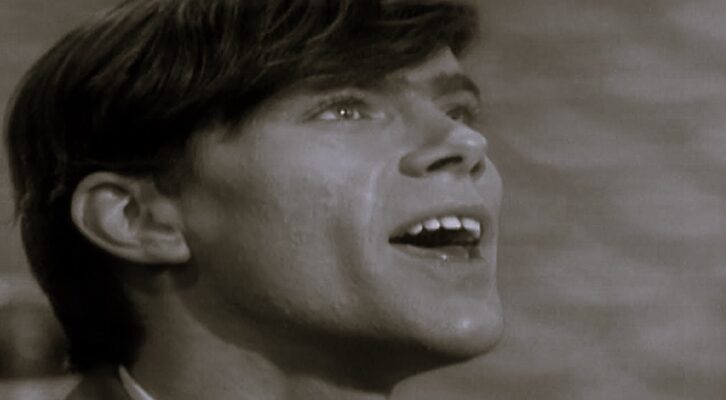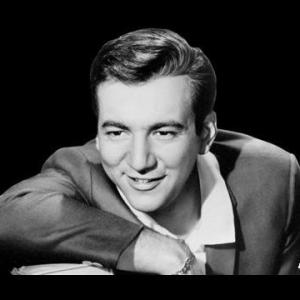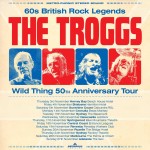Are you a fan of vintage tunes such as those from Bill Pinkney that remind you of the good old days of Jukebox Saturday Night? Or perhaps you’re fascinated by musical legends like Johnnie Ray, whose melancholic vocals still echo in the hearts of many?
Maybe you’re curious about time-honoured dancing moves and find yourself asking, ‘Who invented the moonwalk?’ If any of these strike a chord with you, then you’re in for a treat. This article dives deep into the music legacy of Bill Pinkney and why he’s still a relevant figure within music culture today.
From his early beginnings to his musical journey, this article will address all your curiosities and questions about Pinkney’s timeless impact on the music industry.
The beginning of Pinkney’s music
Music exposure in the early years
From a young age, music was an integral part of Bill Pinkney’s life.
Growing up in a small South Carolina town in the grip of the Great Depression, Pinkney was surrounded by gospel hymns at the local church, blues tunes from local jukeboxes, and the vibrant sounds of jazz and swing emanating from the radios.
As a result of this constant exposure, Pinkney developed a lifelong passion for music that shaped his career, serving as a pillar of the Doo-Wop and rhythm and blues genres.
Entering the field of professional music
Starting as a baseball player before being drafted for World War II, he found his way into music while serving in the army. It was there that he honed his vocal chops as he sang in a gospel quartet made up of fellow soldiers.
Following his discharge from service, he decided to shift into professional music by joining forces with Clyde McPhatter. This partnership set Pinkney on his path to becoming a profound influence on rock and pop music.
Key moments of Pinkney’s musical journey
Formation of The Drifters
The emergence of The Drifters marked a pivotal moment in Pinkney’s career. In the mid-1950s, Pinkney joined four other talented singers to form the soulful harmony group. Their first single under Atlantic Records, ‘Money honey’ was a resounding success, sitting on the R&B chart for 11 weeks.
Notable hits
Over the years, The Drifters released an array of hits unheard of before in the music industry. Tracks like ‘Such a night’ and ‘Save the last dance for me’ catapulted Pinkney and his group to international fame.
These songs became instant classics, leaving a lasting mark on the global music scene. The group’s unique style and harmonies ignited a new wave of interest in doo-wop and R&B, securing their place in music history.
Transition to a solo career
In the late 1960s, Pinkney embarked on a solo career that added a fresh dimension to his musical journey.
His soulful voice and uncanny ability to captivate audiences remained undiminished. Despite the challenges that come with stepping out alone, Pinkney remained determined. His efforts paid off, as evidenced by his hit single, ‘I count the tears,’ which illustrates his talent and passion.
Pinkney’s impact on other musicians
Inspiring next generations
Bill Pinkney’s music has been a wellspring of motivation for countless artists. His honesty in creative expression and raw talent have resonated with musicians long after his own era.
The era of accomplished artists that Pinkney has inspired includes Grammy-winning performers and Billboard-charting acts.
Collaboration with acclaimed artists
During his career, Pinkney collaborated with many acclaimed artists, further extending his influence within the music industry. His work with fellow musicians always offered a learning experience for both parties, fueled by mutual respect and shared creativity.
From his early days with The Drifters to later collaborations in his solo career, this open approach made Pinkney a highly regarded figure among his peers. Through these relationships, Pinkney was able to share his passion for music with others while also developing as an artist.
Pinkney’s influence on the music industry stems from his dedication to honest, heart-centred music.
A leader in Doo-Wop and Rhythm and Blues
Bill Pinkney’s impressive influence in the Doo-Wop and rhythm and blues music sectors is unquestionable. His distinctive baritone voice and savvy for soulful melodies positioned him as a force to be reckoned with on the scene. During his time with The Drifters, Pinkney’s artistic direction strongly leaned towards bluesy tones, coupled with the poppy undertones characteristic of Doo-Wop.
Influential force in pop music
Transitioning into pop music, Pinkney seamlessly blended his Doo-Wop and R&B roots into his pop music persona. His ability to infuse traditional blues rhythms into mainstream pop tracks resulted in a unique cross-genre sound.
Pinkney’s transition to the pop scene did not dull his time-honoured Doo-Wop roots. On the contrary, his style stayed true to its heritage while appealing to a broader audience. As an influential force, his impact on pop music was substantial, bringing an unprecedented mix of sounds to the forefront of popular music.
Accolades and Contributions of Pinkney
Recognition and Awards
A history of impactful contributions to the music industry has earned Pinkney a prestigious roster of accolades. Pinkney’s work was consistently recognised by both his peers and critics. Notably, his contributions to The Drifters led them to their induction into the Rock and Roll Hall of Fame in 1988.
Moreover, in 1999, Pinkney received the Rhythm and Blues Foundation’s Pioneer Award in recognition of his talent and dedication to the craft.
Establishment of Musical Legacy
Pinkney’s legacy goes far beyond the awards; he nurtured a musical legacy that continues to resonate in today’s music culture. A key figure in shaping the domain of Doo-Wop, R&B, and, ultimately, pop music, he has been an influential force behind the scenes and on the big stage.
His contributions have played a pivotal role in the musical journeys of numerous artists across various genres. By opening doors for other talents, Pinkney has fostered a nurturing environment in the music industry that is conducive to innovation and creativity.
He has not just left behind a discography to remember him by; he has established a foundation for other musicians to draw inspiration from. This legacy has been passed down to generations of artists who admire his art, appreciate his impact, and aspire to follow in his footsteps.
Key Points to Remember
- Early Exposure: Bill Pinkney was immersed in music from a young age in South Carolina, influenced by gospel, blues, jazz, and swing. This influenced his career in Doo-Wop and R&B.
- Professional Beginnings: After serving in World War II, Pinkney began his music career, joining forces with Clyde McPhatter, which catalysed his influence in rock and roll and pop music.
- Formation of The Drifters: Pinkney co-founded The Drifters in the mid-1950s, achieving success with hits like ‘Money honey,’ which significantly impacted the R&B genre.
- Solo Career: In the late 1960s, Pinkney pursued a solo career, maintaining his popularity with hits like ‘I Count the Tears’ and demonstrating his enduring vocal appeal.
- Doo-Wop and R&B Leadership: Pinkney’s distinctive voice and style left a lasting mark on these music genres as a leading figure in doo-wop and R&B.
- Awards and Recognition: Pinkney’s contributions were honoured with numerous awards, including induction into the Rock and Roll Hall of Fame in 1988 and receiving the Rhythm and Blues Foundation’s Pioneer Award in 1999.
- Enduring Legacy: Beyond his accolades, Pinkney established a musical legacy that continues to influence new generations of artists across various genres.
Jukebox Saturday Night offers a unique journey into the golden age of rock and pop. Showcasing rare music videos from past decades, we aim to unite music enthusiasts and celebrate the legendary era of rock n’ roll.







